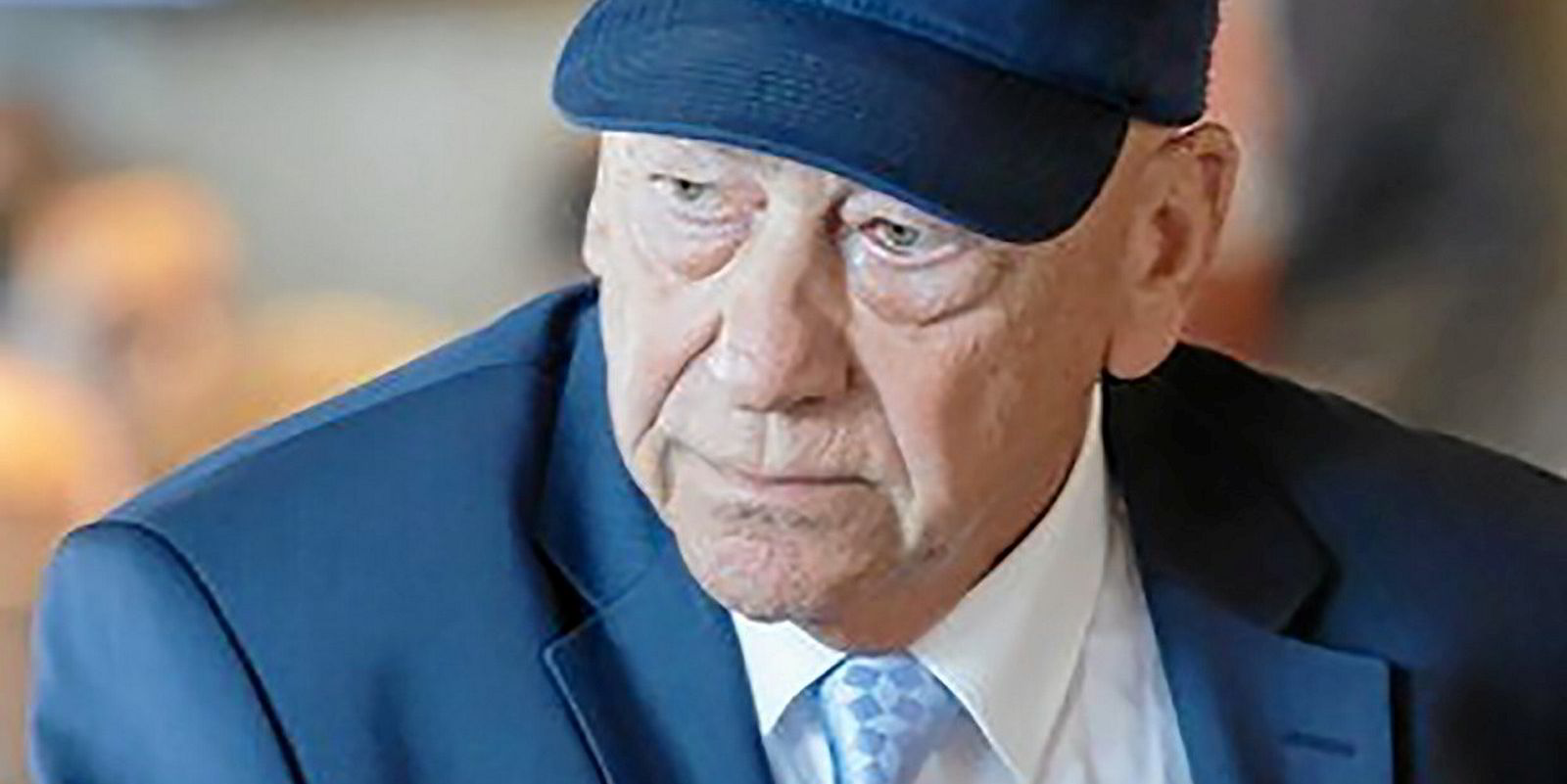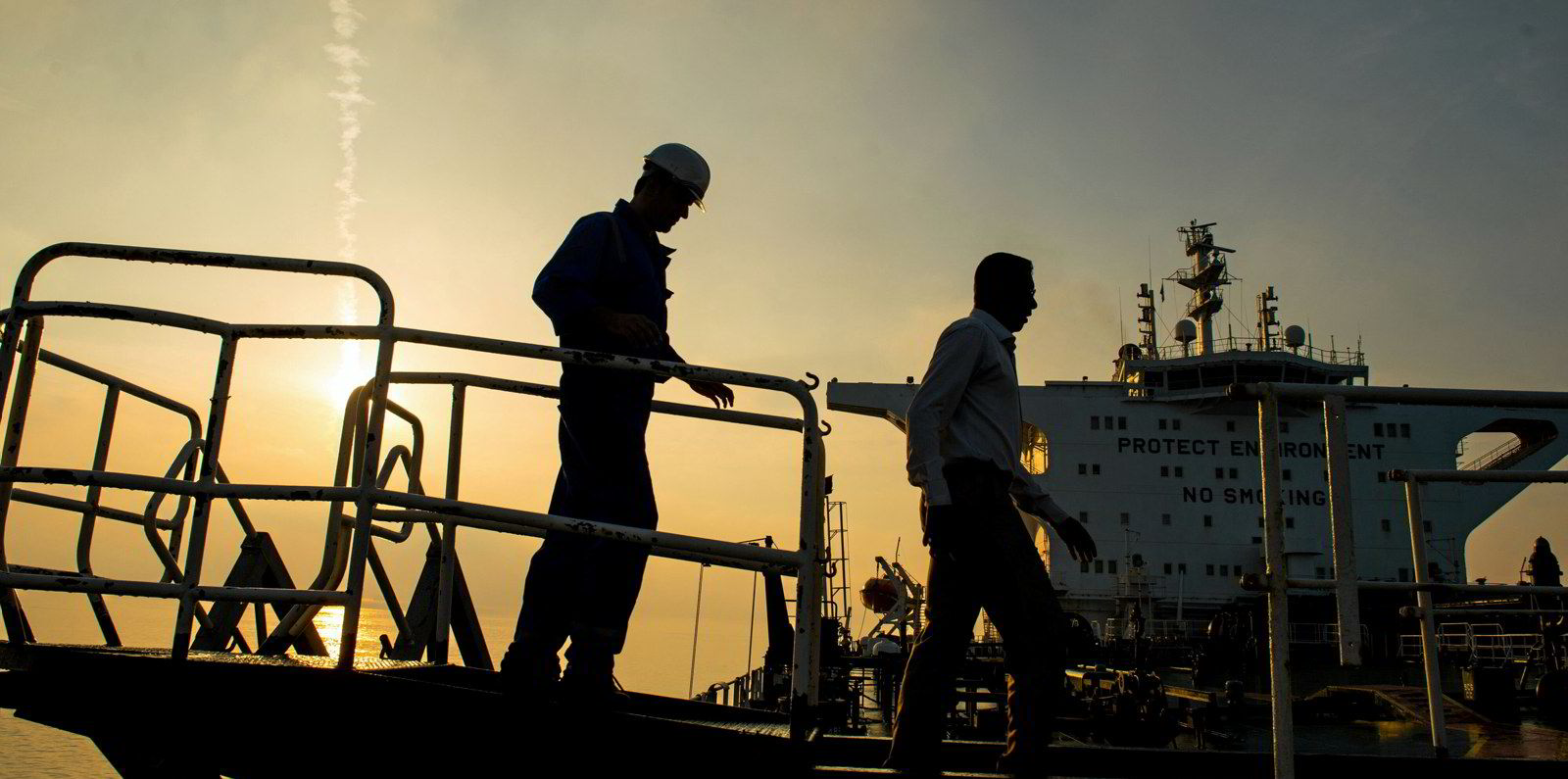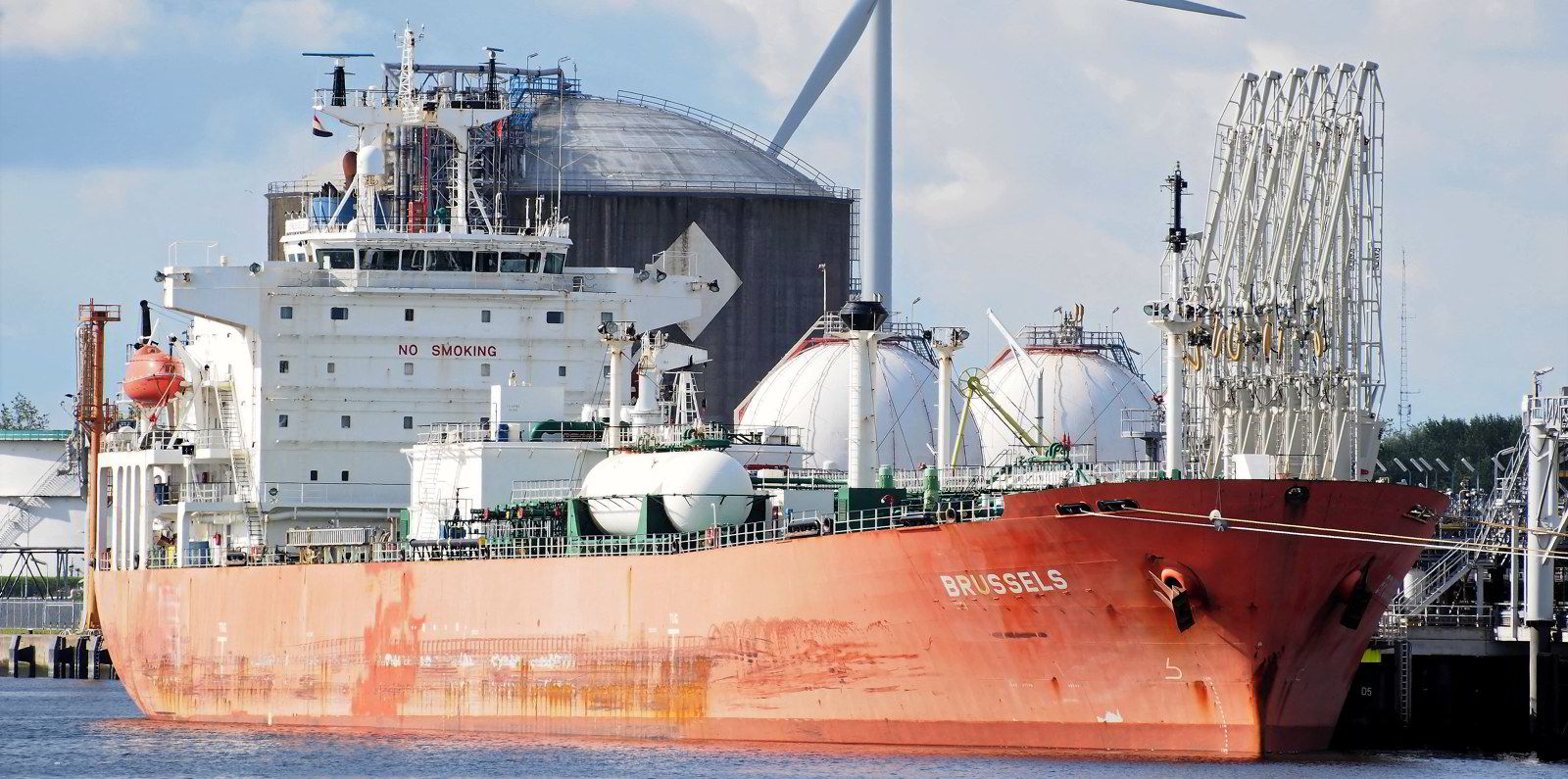Iran has pushed back against plans at the International Maritime Organization for tighter restrictions on a shadow fleet of lightly regulated ships.
Iran said it supports controls on ship-to-ship transfers but has criticised the use of terms such as “dark shipping”, “illicit maritime trafficking”, and “fraud” in a proposed IMO resolution to be discussed later this year.
It says the resolution — prompted by a surge in STS transfers off European shores following the Russian invasion of Ukraine — strays from the “technical” remit of the IMO.
The proposals show a “clear deviation of IMO’s concentration from its function and merit” because they include terms that lack precise definitions, such as “dark ship” and “illicit”, according to a submission by Iran to the global body.
It proposes amending the resolution for discussion at the IMO Assembly later this year that strips out all mention of illicit operations, dark fleets and maritime fraud — a reference to fake documents and phoney registries. It refers only to “substandard ship-to-ship transfers”.
Iran relies on the so-called “dark”, “shadow”, or “ghost” fleet of tankers that operate outside of mainstream tanker markets because of US sanctions.
United Against Nuclear Iran, a campaign group that tracks Iranian shipping, said it had identified more than 350 tankers involved in the trade of Iranian crude and oil products.
Iran’s pushback follows demands by countries led by the US, Australia and Canada for tighter restrictions on STS transfers following Russia’s invasion of Ukraine.
This comes amid concerns over the safety implications of elderly vessels drawn to the Russian trade after imposed sanctions and their insurance and inspection status.
Analysts said the sanctions programmes have led to a rise in dark activity when ships switch off their tracking systems to try to disguise their roles in STS transfers or the source of cargoes.
Concerns grew following an explosion on the 96,800-dwt aframax Pablo (built 1997) in May. It had been deleted from three registries in 16 months because of its involvement in the Iranian trade.
Western nations say uncertainties over insurance could leave coastal states with no party to hold liable in the event of an oil spill.
But, Western sanctions have been criticised from within the industry. Greek owner George Procopiou, the founder of Dynacom Tankers, said that sanctions have only ever made targeted nations stronger.

Iran has been subject to a renewed wave of US sanctions since 2018, when former president Donald Trump pulled out of an agreement that had allowed Iranian oil exports in return for controls on its nuclear industry.
Iranian crude exports plunged from a peak of 2.77m barrels a day in May 2018 to just 150,000 barrels in May 2020 under the “maximum pressure” campaign of Trump before losing the election later that year, according to Kpler data.
They have since increased, hitting a post-sanctions high of 1.56m barrels a day in May as the US has rowed back from the Trump position on Iran.
Production cuts led by Saudi Arabia have increased global oil prices and sparked suggestions of a potential return to mainstream trading to limit the price rise.
Iran’s comments follow criticisms by Russia, which earlier this month complained of a small group of nations hijacking the IMO’s work.
The Russian delegation said the global body is devoting more of its “precious time to political issues” outside its mandate.
Read more
- Oil markets on tenterhooks over Middle East crisis, says IEA
- Comment: Hamas’ threat to shipping and the rise of state-backed attacks
- Marine war risk underwriters take stock of Israel exposure
- Israel conflict could influence US-Iran relations and tanker market
- ‘Sanctions make the sanctioned stronger,’ major shipowners warn from Cyprus




